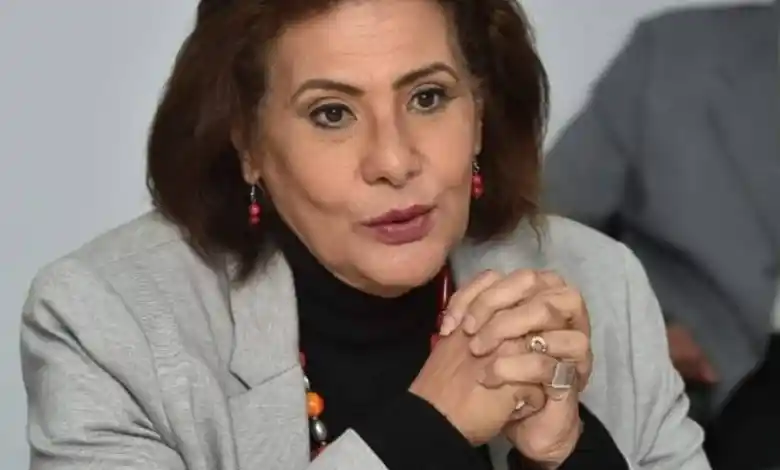Amani Al-Tawil: The Army’s intransigence harms
the Military Institution and Sudanese State

The Egyptian journalist and Director of the African Program at Al-Ahram Center for Political and Strategic Studies, Amani Al-Tawil, stated that the disruption of the political process and hindrance of the negotiations to end the armed conflict are due to several interconnected reasons, that includes the internal political conflict and the struggle for influence, in addition to the former Sudanese regime’s attempts at returning to power with full jurisdiction without granting other parties in this equation the opportunity.
The intervention of some regional parties in the armed conflict as well as the presence of regional support for its continuation also contributes to this stagnation.
Despite the complexity of the negotiations, Al-Tawil indicated in an interview with “Al-Masry Al-Youm” newspaper that: “It is too early to consider the Jeddah negotiations a failure, and it cannot be confirmed that both parties to the conflict won’t participate in the Geneva round”. She explained that the statements of the representative of the Sudanese government delegation regarding the failure of the negotiations can be considered as a way of applying pressure between the parties.
The Sudanese government also made several demands to the United States, which included not accepting the presence of one of the regions involved in supporting the Rapid Support Forces in the consultation rounds, which wasn’t addressed with a response yet according to the leaks.
The Sudanese government delegation stressed the importance of implementing the Rapid Support Forces’ commitments regarding their exit from citizens’ homes.
When asked about the reason for the United States’ insistence that the negotiating delegation is to represent the Army and not the Sudanese government, Al-Tawil stated that this may be due to the fact that some Sudanese political parties and the international community see this government as a representation of the events of October 21st and consider it an alternative to the transitional civilian government.
Therefore, some may see it as a “de facto delegation” in Sudan, which may further complicate the political scene. She explained that this matter isn’t related to Al-Burhan’s adherence to the government, but rather reflects his insistence on recognizing the events of October 21st, and that the authority lies with the Army, which is capable of appointing a government loyal to it without regard to the internal political consensus in Sudan, and also rejects the possibility of civilian parties participating in current developments.
Al-Tawil believes that the continuation of this conflict without reaching an agreement to end it will lead to the disintegration of the State of Sudan, noting that the Army’s insistence on adhering to its position harms the Military Institution and negatively affects the Sudanese State.





